Acesse a sua conta getAbstract para obter o resumo!

Acesse a sua conta getAbstract para obter o resumo!
Alan Greenspan
The Age of Turbulence
Adventures in a New World
Penguin Press, 2008
Sobre o que é?
This illuminating autobiography gives the inside perspective of a powerful Fed chairman’s tumultuous times.
Recommendation
In the wake of the 2008 global financial crisis, it’s easy to forget that former US Federal Reserve chairman Alan Greenspan presided over a tumultuous economic period that was both “irrationally exuberant” (these are his own words) and painfully transformative. His autobiography predates the crisis – even the later edition’s 2008 epilogue precedes the Lehman Brothers bankruptcy – so any current reader will likely view Greenspan’s career through that crystal. Yet his thorough, expansive history of US politics and economics from the end of World War II to the turn of the 21st century, including his private thoughts on working with six US presidents, is a compelling illumination of how the nation evolved. His command of economic history, facts and figures is impressive, but he is much more than a numbers nerd: He grew up a fatherless only child, once made a living playing saxophone in jazz bands and married a famous television journalist, none of which kept him from being at one time “the second-most powerful man in the world” and its “most powerful banker.” While the book’s first half engagingly reveals Greenspan’s personal journey, the second half – his meditations on global issues – bogs down in plodding econospeak. Nonetheless, getAbstract warmly recommends this instructive personal and national saga to those interested in economic history and contemporary issues.
Summary
About the Author
Alan Greenspan served as chairman of the Federal Reserve Board from 1987 to 2006. He now heads Greenspan Associates, an economic consulting firm.









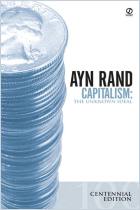
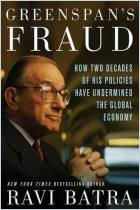
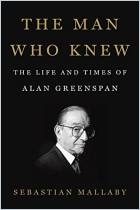
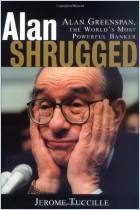
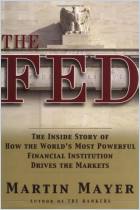
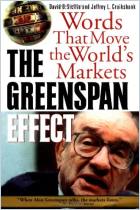





Comment on this summary